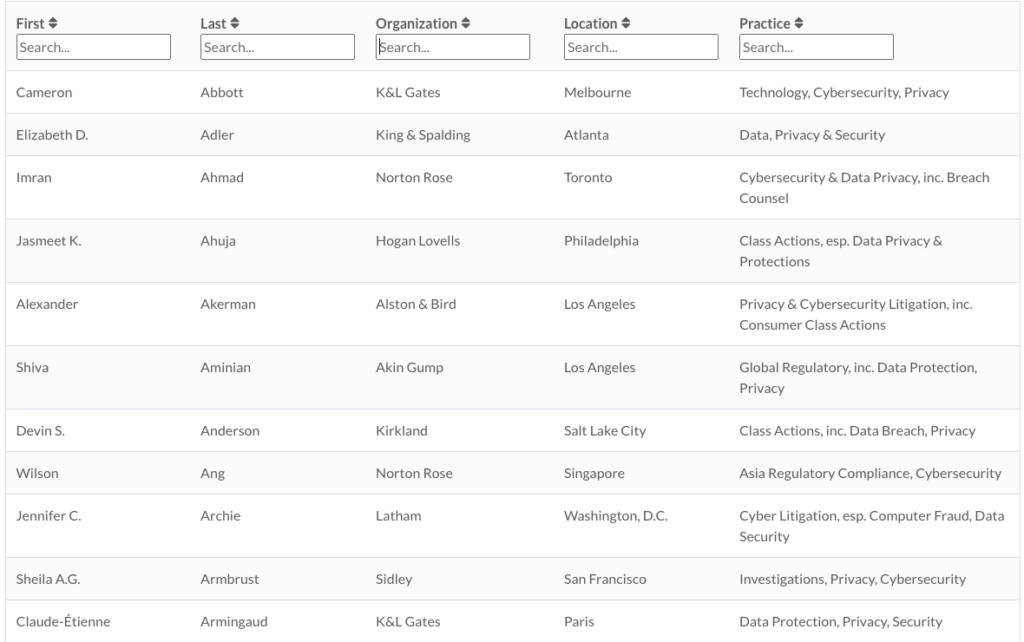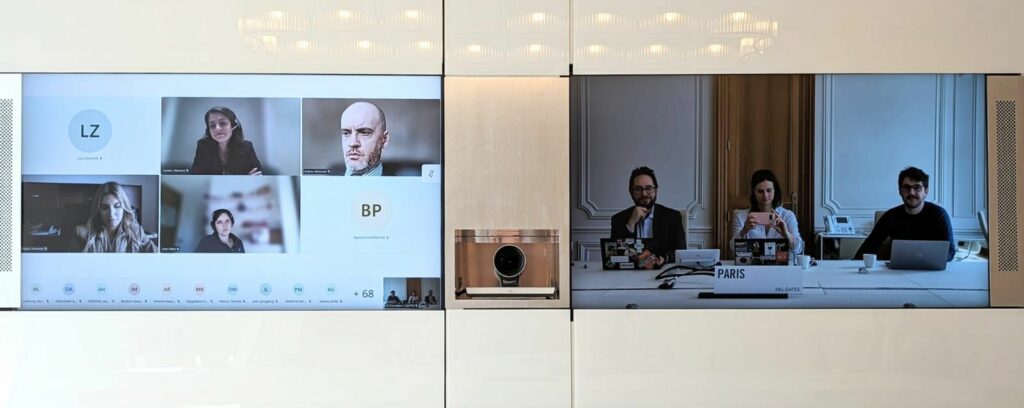Digital intermediation service platforms within the sectors of chauffeur-driven transportation and goods delivery have new responsibilities since the enactment of Decree no. 2024-388 on 25 Avril 2024. Operating under the framework established by Article L. 7345-1 of the French Labor Code, this Decree has initiated a systematic collection and transmission protocol for data concerning platform workers’ activities to the French Employment Platforms Social Relations Authority (“ARPE”).
This new system aims to bolster the production of statistical reports, as instrumental means to inform and transform the dialogue with the representative organizations.
Along these lines, platforms hold an equally important responsibility to revise their privacy notices. Transparency is paramount—the notices must clearly articulate these new data processing operations to the individuals concerned, ensuring that workers are fully aware of how their personal data is captured, utilized, and shared.
The implementation of Decree no. 2024-388 also signals a proactive step towards enhancing social dialogue tools within the affected sectors. Empowering ARPE to collect and leverage the data within its statutory power creates an opening for more informed policy-making and a more significant discourse between platforms, workers, and representative organizations.
The inception of the Decree manifests a shift towards a more transparent and regulated digital labor market. It requires those in authority—data controllers and intermediation platforms alike—to engage in a comprehensive update of operational protocols and privacy frameworks, thereby securing data subject rights while contributing to a broader socio-economic analysis. Such task will necessitate a keen understanding of both legal obligations and the ethical standards underscoring the digital economy.
The crucial evolution underlying the enactment of the Decree will require Platforms acting as data controllers to update in alignment their records of processing activities (RoPA) and meticulously document the nature, purpose, scope of data processed and the operational procedures for transferring requisite data to the ARPE.
First publication: K&L Gates Cyber Law Watch Blog– in collaboration with Kenza Berrada



